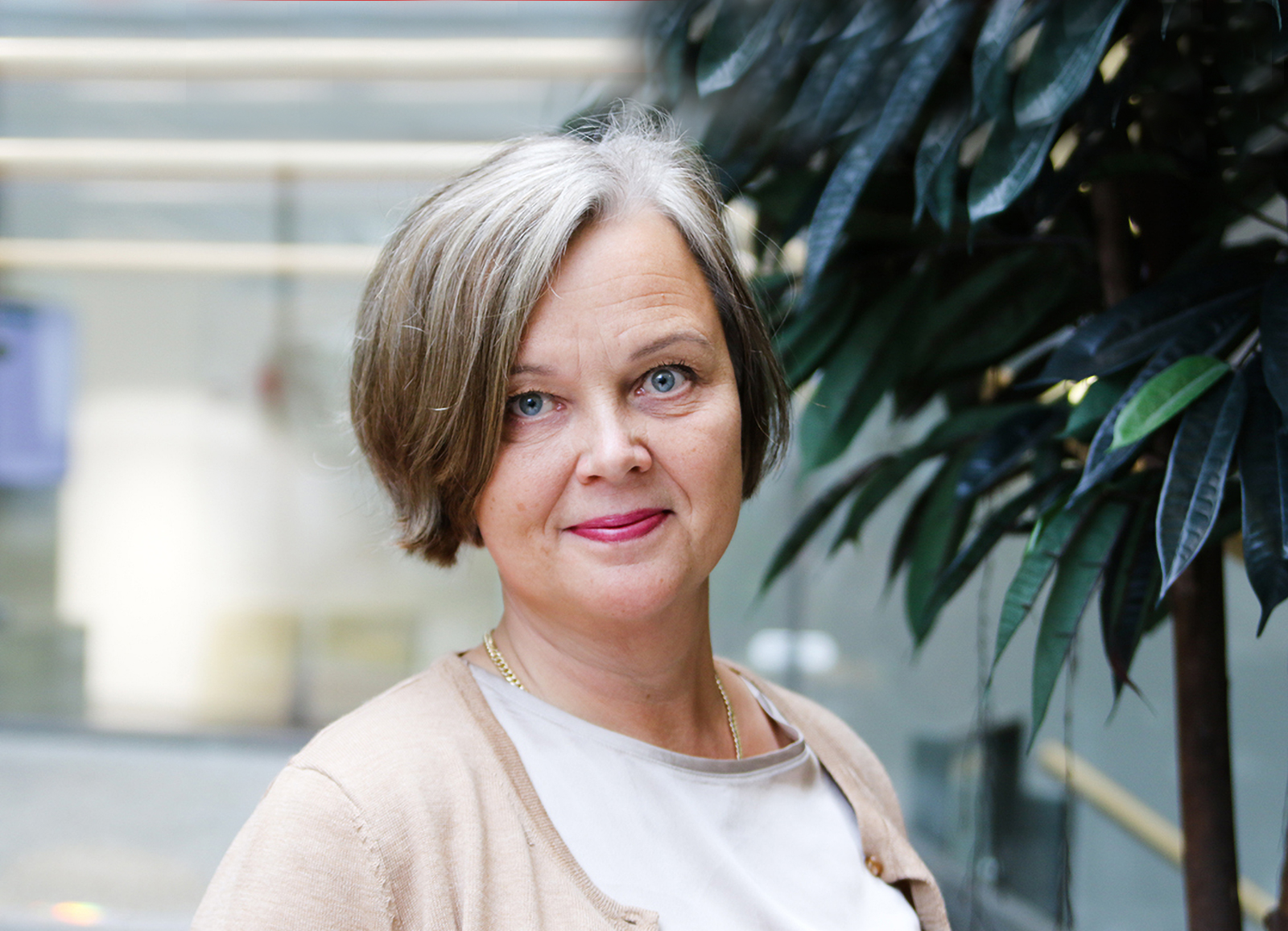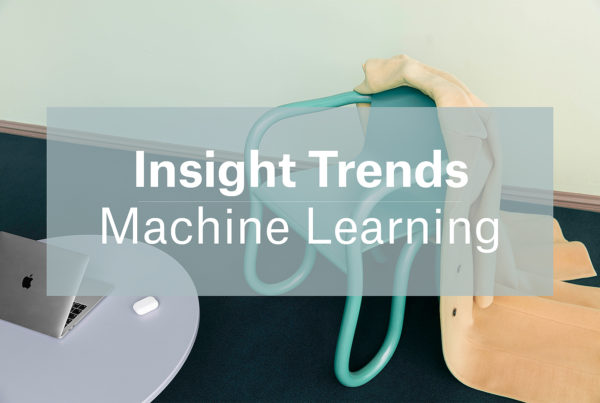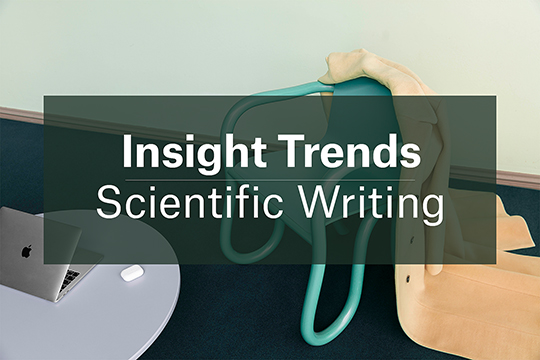Johanna Seppänen, Director of Findata, opens up the process and the people behind the brand new one-stop service streamlining the secondary use of health and social data in Finland.
The Act on the Secondary Use of Health and Social Data came into force on May 1st, 2019. The aim of the new act is to both broaden the possibilities for and streamline the usage of Finnish health and welfare data. A key reform of the new law was the establishment of a “one-stop shop” service, named Findata, which started its operations in January 2020. Starting from April 1st, Findata issues data permit applications for pseudonymized individual-level data for all research projects that need to combine data from several register controllers.
To get an insider´s view of Findata and its operations, we met with Johanna Seppänen, the director of Findata, just a few days before the data permit application system was opened for data users.
A leap ahead
Previously, all registry controllers, such as health care districts or controllers of national registers, issued permits and delivered their own data. This meant a massive amount of administrative work for the user. Now, just a single application can be used to apply for data from several registers. When the permit is issued Findata collects and delivers the data from different registry controllers to the user.
According to Seppänen, the new legislation not only facilitates data permit processing and data accessibility, but also improves protection of personal data.
”The possibility to utilize health and social data for research or administrative and statistical purposes is not new, but Findata is a big leap ahead when we think about how things are organized.”
A burst in demand
Findata expects to see approximately 100 data permit applications within the first two months. The number of inquiries has grown explosively during the spring. There has been wide interest in Findata both locally and also internationally: Findata has had active discussions with researchers from universities and research institutes, global pharma industry and CRO companies, as well as with large research consortiums, such as FinnGen. Users have been interested in the processes related to data permits, the data analysis environment, and the possibilities and requirements for transferring data from Findata. As the first “one-stop shop” in Europe, Findata has raised great interest at the European level and several groups from Asia have visited as well.
A growing combination of expertise
Johanna Seppänen, a PhD in biostatistics, has an extensive career in diverse functions of medical research in both private and public sector actors. Previously, she has worked e.g. in the pharmaceutical industry, at the Finnish Cancer Registry, the Social Insurance Institution of Finland, and the Finnish Institute of Occupational Health. Her latest position before Findata was the head of research services in Statistics Finland.
“When I was nominated Director of Findata, everything clicked into place. My career path has not been very typical and straightforward, yet at Findata I’m able to combine all my previous experience.”
The Findata team currently consists of 12 experts with varying backgrounds in areas such as ICT, legislation, registry data sources and communications. By the end of this year, the aim is to grow the team to 20 members.
“Inevitably, when we establish something totally new, the team is young and developing. Currently we focus on setting up the essential operations set by law, but in the future Findata may broaden its operations. I want to see it as a working place where each employee can flourish.”
Breaking barriers
According to Seppänen, the establishment of a new authority is not a process that happens overnight.
“It takes time to find the best ways to operate, clarify our role and find our position.”
However, at the beginning of the journey Seppänen already has a clear vision for the future. One of her goals is to gather comprehensive and uniform descriptions of different register contents, since the information is currently scattered in each register controller’s webpage and often only available in Finnish. She would also like to widen the scope of what is available, e.g. to national economics or societal data. This would open completely new possibilities for the utilization of Finnish data.
“Ideally, we create the service together with our customers and register controllers. I want to build a customer-oriented service that provides professional and seamless support starting from the data permit application all the way to data handling and delivery”, Seppänen summarizes.




